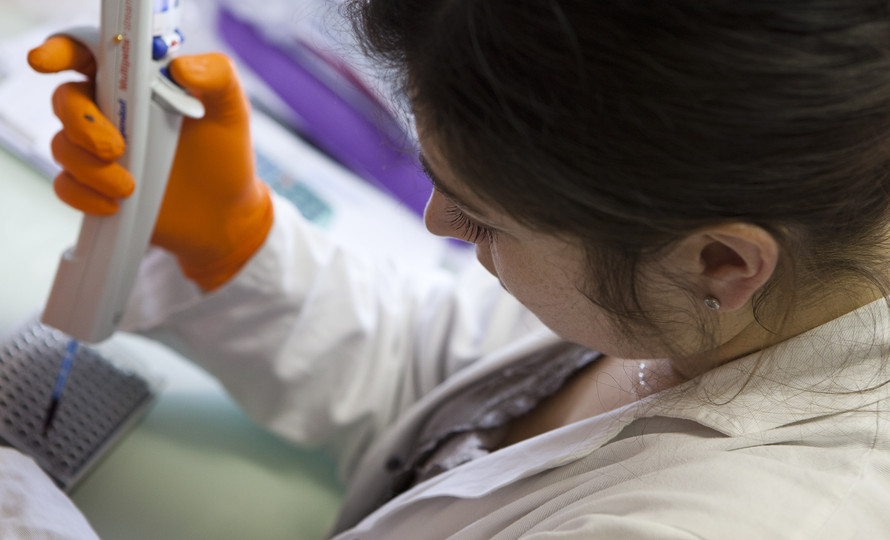Institute Curie-Leading Player in the Fight Against Cancer
The Hospital Institute Curie in Paris consists of three hospitals: the Hospital de Paris, the Proton Therapy Center in Orsay and the René-Huguenin Hospital in Saint-Cloud.

This Institute is known as one of the best Institutes for cancer care in France and throughout Europe for its outstanding achievements in the diagnosis and treatment of breast cancer and cancers of prostate, eye, head and neck, skin, lungs and bronchi, the digestive tract, female reproductive organs and nervous system, and lymphoma.
The Marie Curie Cancer Care Institute is a member of the French National Alliance of Comprehensive Cancer Centers (FNCLCC).
The Institute treats patients with severe cancer using various innovative or experimental healing methods.
The Institute actively organizes and conducts intensive clinical trials for patients with serious illnesses.
These trials offer access to experimental drugs—treatments not available anywhere else in the world—that provide hope for recovery.
These days more than 10% of patients participate in these trials.
Curie Institute Hospital Priorities
Introducing the most advanced technologies in the diagnosis
and treatment of cancer
Testing of experimental drugs and treatments
Development of innovative therapies
Improving scientific knowledge in the fields of breast cancer, eye tumors and
pediatric oncology
Inform patients and their families to optimize the treatment
process for cancer
Development of cooperation with foreign institutions and international
organizations
Diversification of clinical activity with emphasis on neurology, gynecology, gastroenterology, hepatology, urology, pulmonology, dermatology and hematology

Curie Institute Biological Resource Centers
About 60,000 samples, including 31,000 tumor samples and
15,000 other tissue samples
Banks of own DNA and RNA isolated from cancer cells and healthy cells
Two big banks and a blood serum
The main goals of the Institute are:
Improve understanding of the mechanisms of cancer development
Establish transfer of research findings in clinical practice
Develop innovative cancer treatment and diagnosis methods
The large team at the Curie Institute Research Center consists of biologists, chemists, physicists, computer scientists, and doctors from various specialties.
This diverse expertise drives their groundbreaking cancer research.
This diverse expertise has made it one of the most powerful cancer research centers in Europe.
The Institute is divided into 14 research units.
These units collaborate closely with CNRS (Centre National de la Recherche Scientifique) and INSERM (Institut National de la Santé et de la Recherche Médicale).
It also collaborates with numerous European universities, particularly those in France.
Notable partners include Pierre et Marie Curie University, Paris-Descartes University, Paris-Sud University, and others.
The main clinical areas of the Curie Institute are:
Anesthesiology and intensive care
Palliative care and pain relief
Clinical Laboratory Services
Oncological and reconstructive surgery
Diagnostic Imaging in Oncology
Chemotherapy and radiation therapy for cancer
Child and adolescent oncology
Clinical pharmacology in oncology
Clinical trials
As mentioned above, the Curie Institute focus on developing new therapies and organizing clinical trials.
This is the final stage of research, whether involving a new drug or technology.
These have previously been tested in clinical trials on animals and cell cultures.
Such tests require experienced researchers and solid technical facilities – all that the Curie Institute already possesses.

Today, more than 10% of all hospital patients at the Curie Institute take voluntary participation in clinical trials of new drugs.
For comparison, in leading US research centers, the percentage of such patients is about 5%.
Many of these patients have very severe cases of cancer, often in the later stages.
For such cases, modern medicine has limited treatment options.
So these clinical trials are the best chance for their life extension.
And if the patient chooses this option, the Curie Institute is the safest and most reliable place in Europe.
